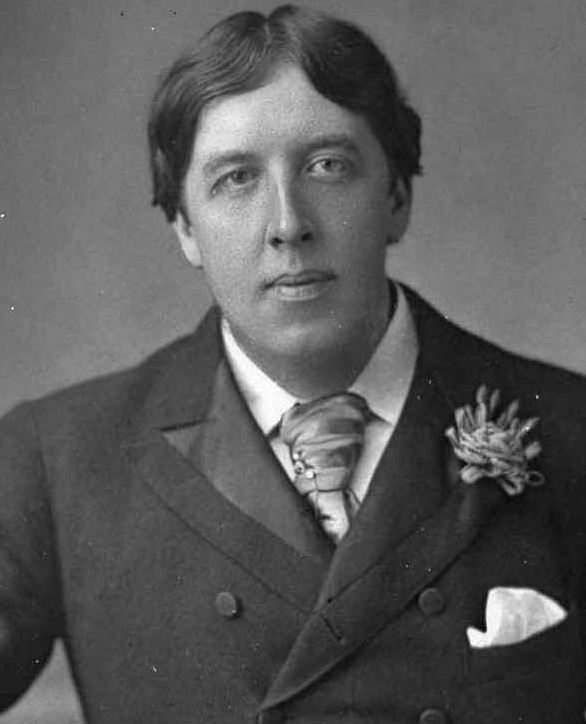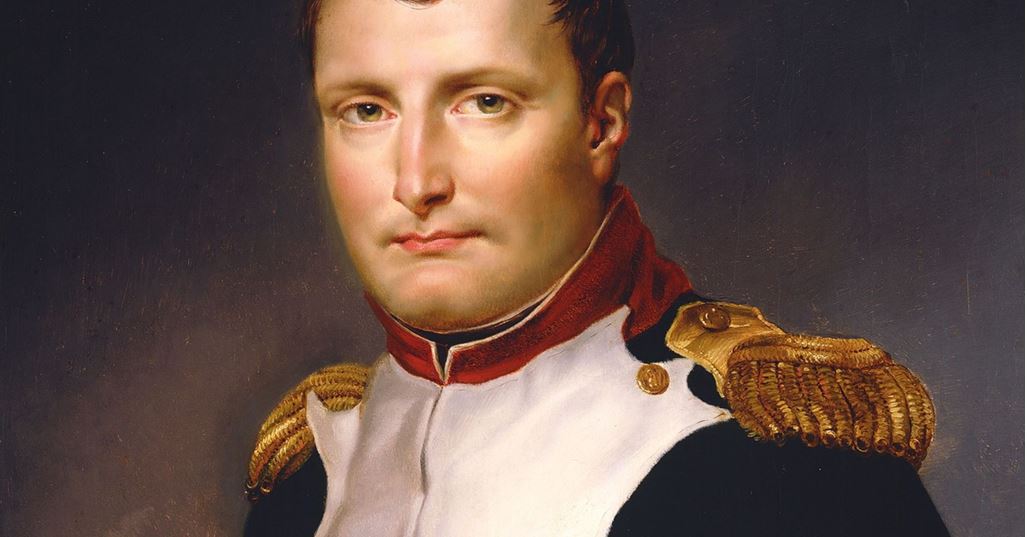What is ambition? Definition and examples
Ambition is a strong desire to achieve something, reach a personal goal, or to do something. Ambition is one of the few characteristics that humans possess, unlike the rest of the animal kingdom; or so we believe. A person with ambition has an internal drive that motivates them to try to succeed. People with this trait tend to have a stronger belief in themselves than the rest of the population.

Cambridge Dictionary defines ambition as “a strong desire for success, achievement, power, or wealth”.
Material ambition
Most people would like to have more money. We believe that money makes life easier. If we are well off, it is easier to pay our bills, purchase things we need and want, and go on vacation to nice places.
Some people believe that those without financial worries or problems find it easier to be happy. They have more freedom, less stress, and more personal time than their less well-off counterparts.
However, if you asked 1,000 people what their number one ambition in life was, few if any would simply say “To be rich.”
Career ambition
Somebody who is studying medicine might say that their ambition is to be a good or perhaps the best surgeon, endocrinologist, researcher, etc. An individual who wants to reach the top of their career ladder has a lot of ambition. They exist in all fields, such as the police force, military, business, science, politics, acting, music, and show business.
Sports ambition
A professional athlete may dream one day of winning a gold medal in the Olympics. Professional soccer players (British: footballers) probably see the pinnacle of their career when they are selected for their national squad or a top club like Barcelona, Bayern Munich, Manchester United, or Juventus.
Although ambitious people may have different goals, they all have something in common. They tend to thrive where there is fierce competition.

Etymology of ambition
Etymology is the study of the history or words, i.e., where they come from, and how their meanings and structures evolved over time.
According to the Online Etymology Dictionary, the term first appeared in the English language in the British Isles in the mid-fourteenth century. At the time it meant “eager or inordinate desire for preferment or honor.” It came from the Old French word Ambicion, which originated from the Latin word Ambitionem (nominative Ambitio), with the meaning “a going around, courting favor” especially to gain votes.
In its early days, the English term had a pejorative meaning and was grouped with vainglory, pride, and arrogance.
It was not until the sixteenth century that it began to have its modern meaning.

